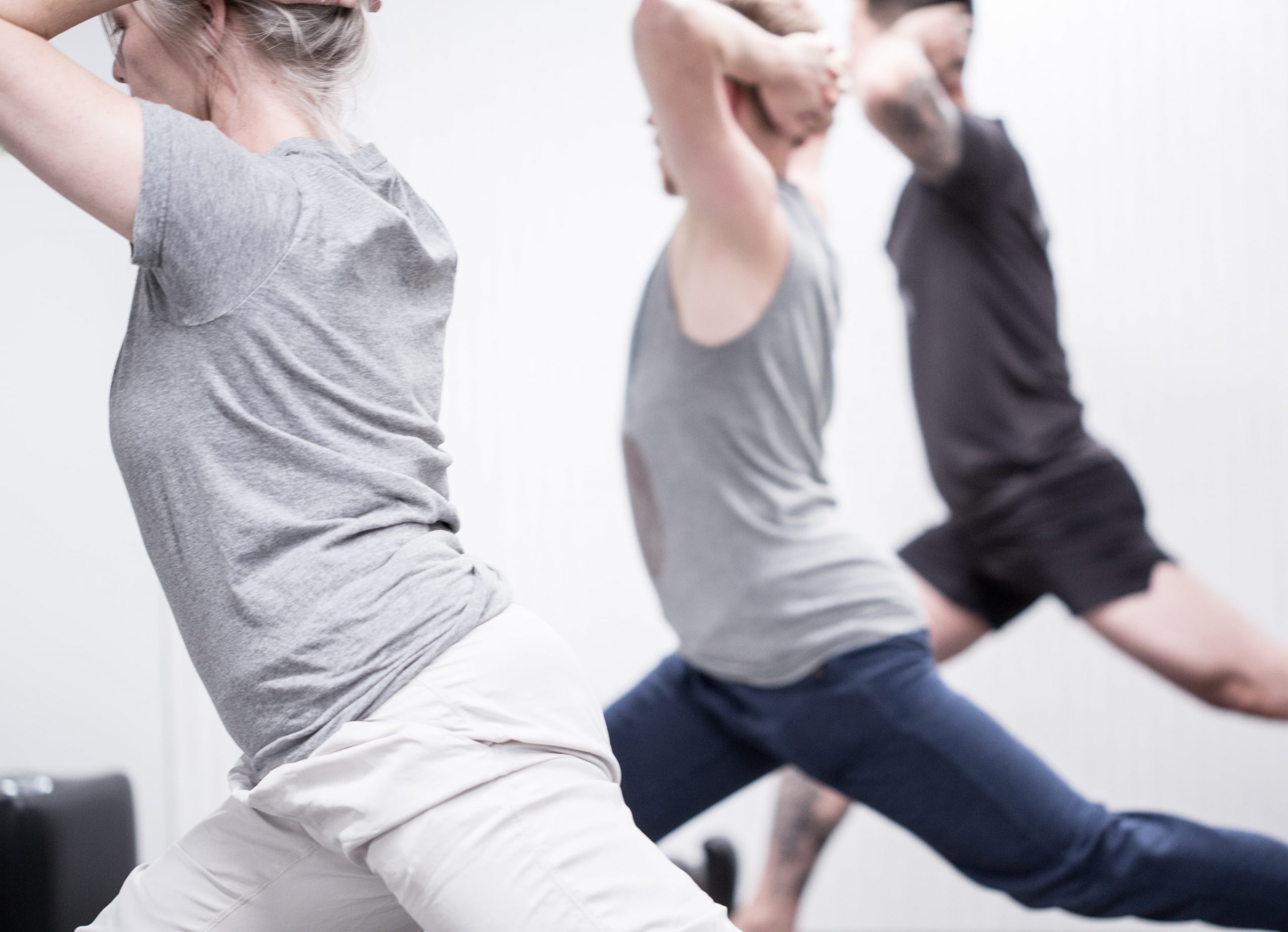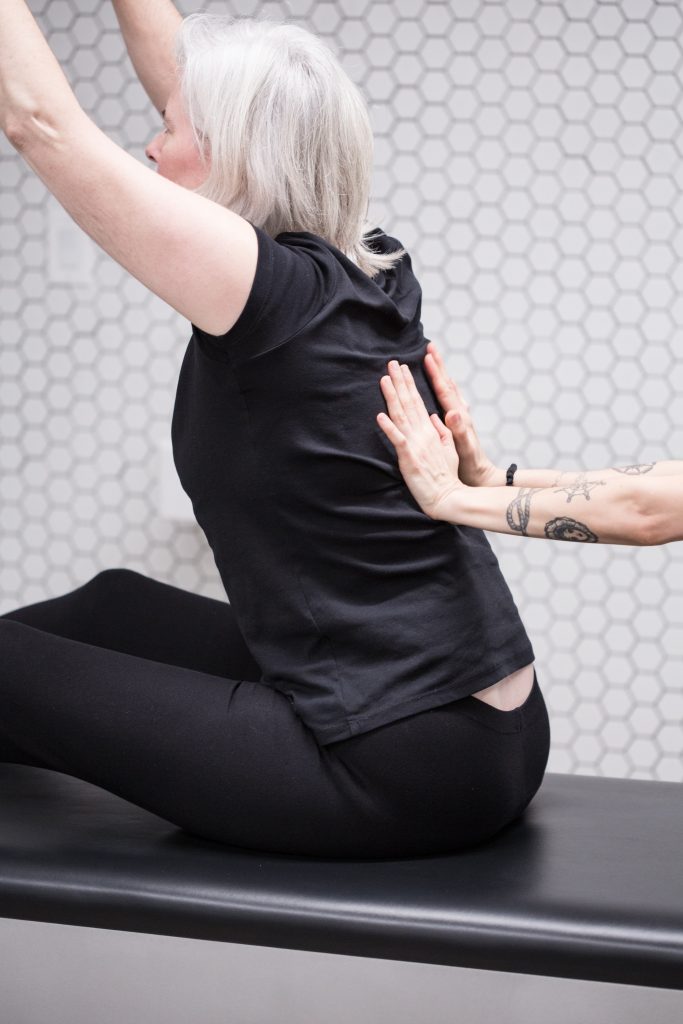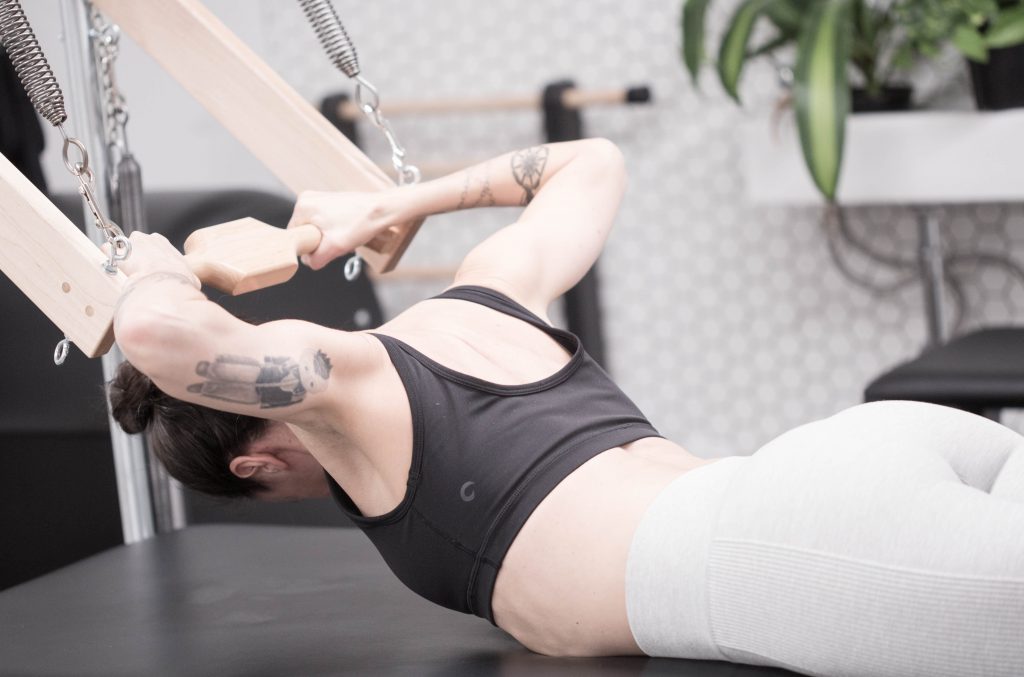The idea of self care for some is both promising and fantasy. The term, now a trendy hashtag, invokes skepticism. Seeing posts of friends or celebrities we follow on social skiing in the remote local backcountry (as Covid-19 travelling restrictions continue), or visiting beautiful spas and pampering destinations to escape the day to day grind begs the question: Is self care really about indulging in luxury products and destinations or is there a biological imperative to endure, survive better during times of upheaval and stress? Since the pandemic most of us have shifted to more time spent on devices, less time engaging in social activities, and more time feeling isolated from the people and things that used to bring us some sense of balance, connection and joy. If the earlier self help movement focussed on improving ourselves, is the self care movement speaking to a different experience? Can we indulge ourselves in restorative activity that supports our growth while being mindful of opportunities that challenge us in different ways?
The term self-care actually has medical roots. WHO defines self-care as “the ability of individuals, families and communities to promote health, prevent disease, maintain health, and to cope with illness and disability with or without the support of a healthcare provider”
If self care feels like a reach, often it quite literally is out of reach for many of us. Time is scarce, appointment times are booked out in advance, children and parents need our care and attention etc. With quarantine and physical distancing measures becoming a normal part of our lives, it also becomes more difficult to separate home life and work and to carve out “me time”. Another stumbling block that emerges is the economic disparities among us when we consider the time required for self care when it comes in the form of a luxury product or experience. Self care by this definition is more work; energy, time and money.
The roots of Self care actually arose with French Philosopher Michel Foucault in his book, The History of Sexuality. Later this idea of “care of the self” was reworked and re-imagined by social activist and feminist Audre Lorde who, after being diagnosed with cancer a second time wrote about self care as a political act. “Caring for myself is not self-indulgence, it is self-preservation, and that is an act of political warfare.”
Caring for yourself became a way of preserving oneself in a world that was hostile to one’s identity, community and one’s way of life. But the idea of ‘Self Care’ now is so pervasive and popular because it transcends identity politics. Despite its de-politicized, watered down appeal, it beckons the masses to shift away from collective suffering. For good or bad, even relatively privileged people feel vulnerable to stress and anxiety. Self care, when it is about health, is a call to balance.
There is scientific evidence showing that self care practices are good for your health. Factors associated with self care include ethnicity, culture, living arrangements, sleep, depressive symptoms, health literacy, comorbidity conditions, cognition and social support. Confidence has been shown repeatedly to be a major factor influencing self care. (Riegel and Moser, 2018)
You may have heard of the “fight or flight” response, also known as “the nervous system response” which is a part of the autonomic nervous system. It evolved as a survival mechanism, enabling us and other animals to respond quickly to life threatening situations. What is important about this response is how it is set up to manage stress in our bodies; a stressful situation that is environmental, such as a looming work deadline, or psychological such as persistent worry about losing a job can trigger a cascade of physiological responses in the body. Stress hormones can increase breathing and heart rates. This automatic survival response is highly attuned to protect us from dangers however, it also overreacts to non-threatening events such as parking tickets, work stress and interpersonal conflicts. Over time, repeated activation of the stress response takes a toll on the body and can lead to brain changes that may contribute to anxiety, depression, addiction, and increased blood pressure. The stress response promotes obesity and weight gain as it causes people to eat more or causes decreased sleep and energy.
Using the analogy of how a dam regulates the flow of water, we cannot control how much water arrives from the river but we can regulate how much is allowed to flow down the river. The chronic activation of our stress response floods the dam and impairs health.
Thankfully modalities like Pilates and massage therapy are excellent ‘gateways’ or pressure valves that help re-direct tension and dissipate the flow of stress that accumulates moment to moment and day to day. Classical Pilates emerged in the 1950s from a deep sense of individual responsibility. Joe Pilates claimed to have healed himself of asthma. Like massage therapy, Pilates highlights movement quality over quantity. At its core there is a fundamental imperative to rest and recover, to balance the energies in the body. With exercise and massage, attending Pilates classes or practicing Pilates at home will undoubtedly change how you perceive and manage stress or anxiety. Like massage, Pilates will change the quality of the muscle tissue in your body and decrease the stress response. It also lowers heart rate, increases muscle and bone density. If you attend an in-person class, it may broaden your social circle and help you feel more connected to a bigger community of people who care about health and wellbeing and the list of benefits goes on. Both these modalities are intrinsic to a self-care and need not be a luxury. They co-exist as an essential part of maintaining and striving to live a balanced life with or without the hashtags.
This article was brought to you by Reform Pilates, a leading Classical Pilates studio in the heart of Gastown. We are rated 5/5 on Google by our students and Practitioners. Get in touch through our website at www.reformpilatesyvr.com or call us at +1-604-612-8486. We’d love to hear from you!
Our location:
Reform Pilates
120-332 Water Street, Vancouver, B.C., V6B1B6
References:
[1]Riegel, Barbara, PhD, RN, FAAN and Moser, Deborah K., PhD, RN, FAAN,
[2]https://journals.lww.com/jcnjournal/Fulltext/2018/09000/Self_care__An_Update_on_the_State_of_the_Science.2.aspx?casa_token=uJhvj5DLA-QAAAAA:e8e_KaSvi2d4BFc7DmMxCO2zAlx8lKg8IYZsodJfmjU251_z_jCoqbuhI8Jegnxwr9580Mdp11rG6c0y3T5_lNJJE9cc
[3]http://www.slate.com/articles/arts/culturebox/2017/04/the_history_of_self_care.html
[4] https://locallove.ca/issues/the-revolutionary-origins-of-self-care/#.YDPs6pNKgWp



